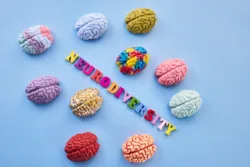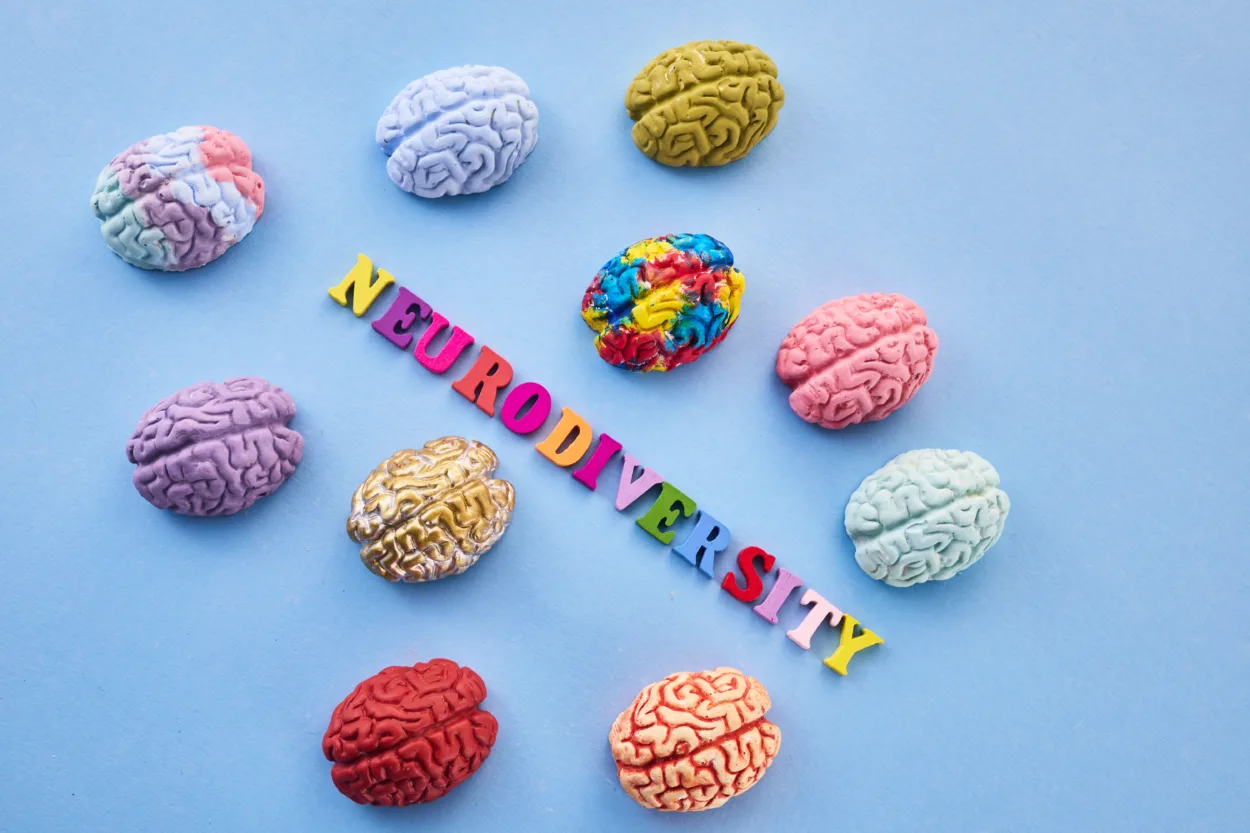What to Know About Young Adult Development in Pennsylvania

Parenting or caring for young adults presents particular challenges, as well as benefits. It can be confusing to know what typical young adult behavior is and what might indicate more serious mental health issues. This article outlines common aspects of young adult development and signs that may indicate a need for additional support, with resources available in Pennsylvania, including High Focus Centers (formerly known as The Light Program and Rehab After Work).
Typical Developmental Tasks for Young Adults
Young adults are usually understood to be people between the ages of 18 and 26, and as old as 30. One important thing to understand is that full brain development completes some time in a person’s mid-twenties, meaning young adults are working with varying levels of capacity related to impulse control and ability to plan and organize into the future until then – and their behaviors often reflect this.
A few of the common developmental tasks for young adults include:
- Achieving autonomy: Establishing an independent life separate from their family of origin.
- Establishing identity: Getting clearer about who they are, what is important to them/their values, what they like and dislike, and what their dreams and passions are.
- Increased emotional development: Coinciding with the full development of their frontal lobes, young adults tend to become more emotionally stable.
- Establishing a career path: Exploring the educational and career paths that most appeal to them.
- Developing intimacy: This time of life may be where people develop long-term relationships and even get married (though the typical age for marriage is often later than it was in previous generations).
- Living independently: Young adulthood may be the first time many people venture to live on their own, separate from their family of origin, and take on the responsibilities that go with that.
- Having children: This task may be more of a holdover from previous generations who had children earlier in life, but some young adults may find themselves becoming parents in this stage of life as well.
Obviously, these tasks represent broad generalizations, and not all young adults may go through each of them during this time of their lives. However, if you notice your young adult working through these tasks – and likely struggling at times with them – know that this is very typical for this stage of life.
Common Stressors and When to Seek Help in Pennsylvania
Most common stressors for young adults coincide with the activities they’re engaged in, from transitioning from home to college, to entering the workforce full-time, to becoming financially independent. Every transition carries inherent stress, anxiety, and even grief as one period of their life comes to an end. All of this is normal and not a cause for concern.
However, sometimes reactions go beyond typical signs of stress and can indicate a need for more support. Common mental health challenges are anxiety, depression, substance abuse, and eating disorders, among others.
While the specific signs for each of these disorders varies, things to look for include:
- The distress caused by these symptoms (e.g., anxiety, depression, substance use, changed eating patterns) negatively interferes with a person’s daily tasks, including working, sleeping, eating, and interpersonal relationships.
- They appear more withdrawn/secretive or reactive/argumentative than is typical for them.
- They suddenly lose or gain a significant amount of weight or their physical appearance dramatically changes.
- Their school or work productivity drops off significantly.
- They are regularly overwhelmed and find it difficult to use helpful coping strategies.
Accessing Mental Health Support for Young Adults in Pennsylvania
If you notice any of these or other concerning signs in your young adult, it may be time to seek professional help. High Focus Centers, formerly known as The Light Program and Rehab After Work, offers specialized mental health and addiction services for young adults in Pennsylvania. Our programs provide personalized support to address the unique challenges faced during this transitional period, with locations conveniently located throughout the state.
If you notice any of these or other concerning signs in your young adult, please reach out to us to schedule an assessment.
References:
Onset of Mental Illness: First Signs and Symptoms in Young Adults








